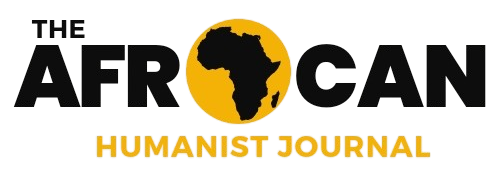As a member of the LGBTQI+ community, I have often found myself navigating the complexities of identity, societal expectations, and the law. The theme “Born This Way” resonates deeply with me, as it speaks to the inherent nature of our existence and the struggles we face in a world that often seeks to judge and punish us for who we are.
The concept of crime and punishment is multifaceted, and its application can be influenced by various factors, including societal norms, cultural values, and personal biases. As a humanist, I believe that our laws and punishments should be guided by reason, empathy, and a commitment to human dignity.
Discrimination
However, the reality is that many LGBTQI+ individuals face discrimination, persecution, and punishment simply because of who they are. In some countries, same-sex relationships are criminalized, and individuals can face severe punishments, including imprisonment and even death. This is a stark reminder that our laws and punishments are often shaped by societal norms and biases, rather than a genuine concern for human well-being.
I remember the first time I realized that my existence was deemed “criminal” in the eyes of the law. I was a teenager, and I had just come out to my friends and family. While some were supportive, others were not, and I was forced to confront the harsh reality of living in a world that did not accept me for who I was. I felt like I was living in a constant state of fear, always looking over my shoulder, wondering when the law would catch up with me.
Outdated laws
The question of whether some offenses deserve the punishment given is a complex one. In the context of LGBTQI+ issues, it is clear that many laws are outdated and in need of review. The criminalization of same-sex relationships, for example, is a relic of a bygone era and serves no purpose other than to perpetuate discrimination and harm.
As a member of the LGBTQI+ community, I have experienced firsthand the impact of discriminatory laws and punishments. I have faced persecution, harassment, and violence simply because of who I am. I have been forced to live in hiding, fearing for my safety and well-being. And I have wondered, time and time again, why I am forced to hide, to conform, and to fear the consequences of being myself.
I was forced to flee my home and seek refuge in a safer country after facing persecution for my sexual orientation. I had done nothing wrong, yet I was treated like a criminal, forced to live in hiding and fear for my life. My story is not unique, and it is a stark reminder of the need for change.
The need for reform
The answer, I believe, lies in the need for a more nuanced and compassionate approach to justice. We need laws that recognize and respect human diversity, rather than seeking to punish and suppress it. We need a justice system that is guided by empathy, understanding, and a commitment to human dignity.
Imagine a world where LGBTQI+ individuals can live freely and authentically, without fear of persecution or punishment. A world where our laws and punishments are guided by a commitment to human well-being, rather than societal norms and biases. A world where we can love who we love, without fear of reprisal.
Conclusion
In conclusion, the theme “Born This Way” serves as a powerful reminder of the importance of identity, dignity, and human rights. As we navigate the complexities of crime and punishment, we must remember that our laws and punishments should be guided by a commitment to human well-being, rather than societal norms and biases. By recognizing and respecting human diversity, we can create a more just and compassionate society, where individuals are free to be themselves without fear of persecution or punishment.
We owe it to ourselves, our loved ones, and future generations to create a world that is more just, more compassionate, and more inclusive. A world where everyone can live freely and authentically, without fear of persecution or punishment. Let us strive to create this world, together.
By Denis Nkyanungi


